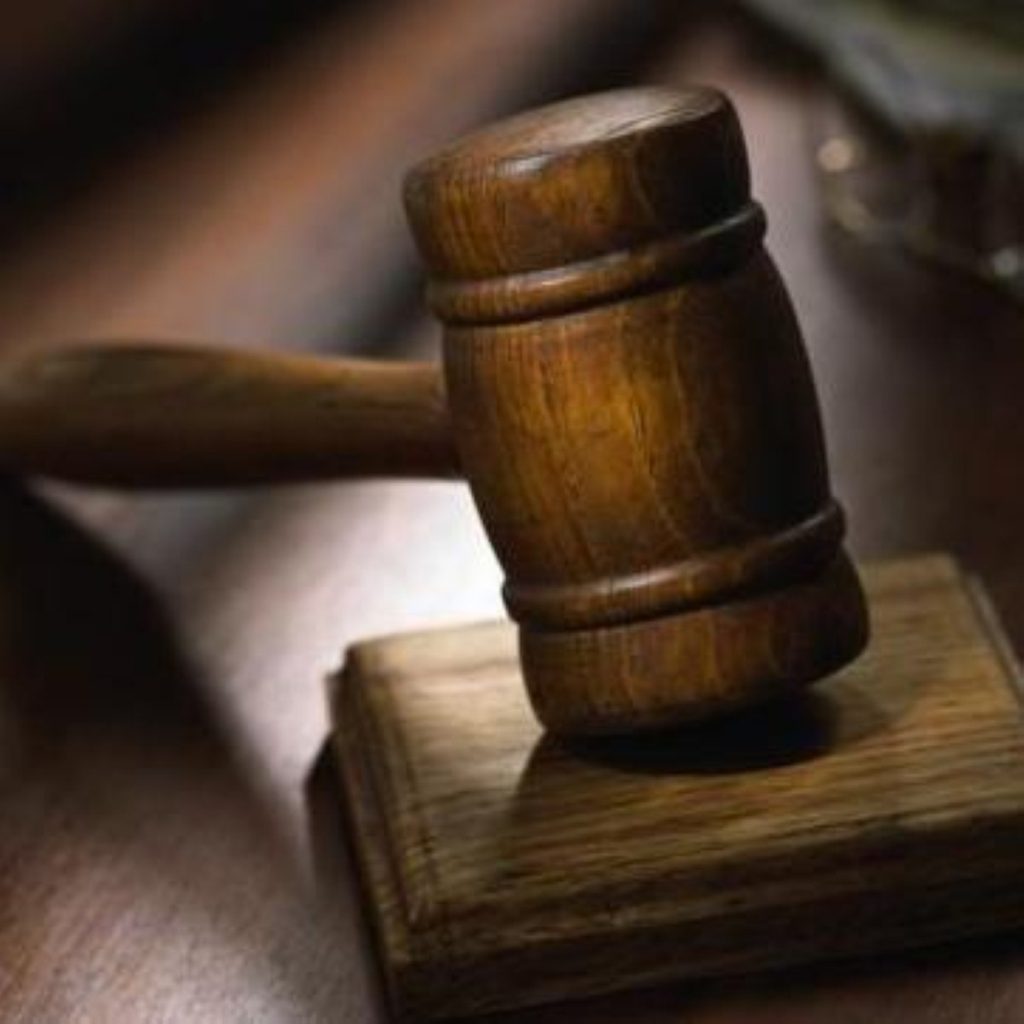McLibel Two ‘denied a fair trial’
Two campaigners convicted of libelling McDonald’s should have been given legal aid, the European Court of Human Rights has ruled.
The court in Strasbourg found that Helen Steel and David Morris did not receive a fair trial and were deprived of their freedom of expression.
The Government will be studying the judgement carefully as it could have serious implications for both the legal aid system and the UK’s libel laws.
Legal aid is not normally available in defamation cases. Changes to the legal aid rules since 1997 now mean that legal aid can be granted in exceptional circumstances where the public interest is at stake. But, it is not clear whether even under the new rules legal aid would have been granted in this case.


The McLibel saga was the longest case in English legal history. It revolves around the pair’s distribution of leaflets criticising McDonalds.
In 1997 High Court judge Mr Justice Bell decided that some parts of the leaflet were true, but he found that other aspects of the leaflet were defamatory and awarded McDonald’s £60,000 in damages, which was later reduced to £40,000 on appeal.
Ms Steel, 39, and Mr Morris, 50, then accused the British government of breaching their human rights by failing to provide them with legal aid and took the case to the ECHR.
Today the court ruled in their favour, stating that denying legal aid to the part-time barmaid and the unemployed single father had skewed the case from the start.
“The denial of legal aid to the applicants had deprived them of the opportunity to present their case effectively before the court and contributed to an unacceptable inequality of arms with McDonald’s,” it wrote.
Though it rejected the campaigners call for restrictions on multinational companies ability to sue individuals for libel it did note concerns with the UK’s libel laws, saying: “The more general interest in promoting the free circulation of information and ideas about the activities of powerful commercial entities, and the possible “chilling” effect on others were also important factors to be considered in this context.”
It pointed out that under the UK’s libel laws “, the applicants had the choice either to withdraw the leaflet and apologise to McDonald’s, or bear the burden of proving, without legal aid, the truth of the allegations contained in it. Given the enormity and complexity of that undertaking, the Court does not consider that the correct balance was struck between the need to protect the applicants’ rights to freedom of expression and the need to protect McDonald’s rights and reputation.”
The judgement added “the lack of procedural fairness and equality which the Court had already found therefore also gave rise to a breach of Article 10 [freedom of expression].”
Keith Taylor, Green Party’s Principal Speaker, said he hoped that the case would lead to reform of Britain’s libel laws.
He said: “Helen and Dave’s victory is a triumph for free speech, and will hopefully lead to a change in the law in Britain so that legal support in libel cases becomes standard. Otherwise, multinational companies have the power to cow campaigners into silence for fear of expensive litigation.
“Ideally, multinational companies should not generally be allowed to sue for libel, because of their potential to restrict free political debate on their usually damaging roles in society”.












